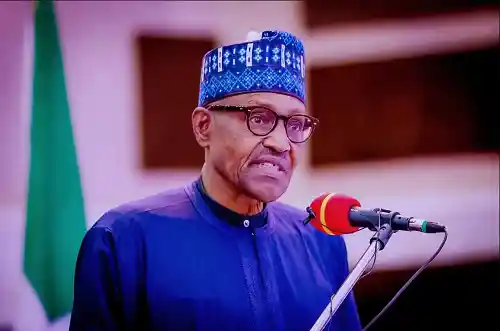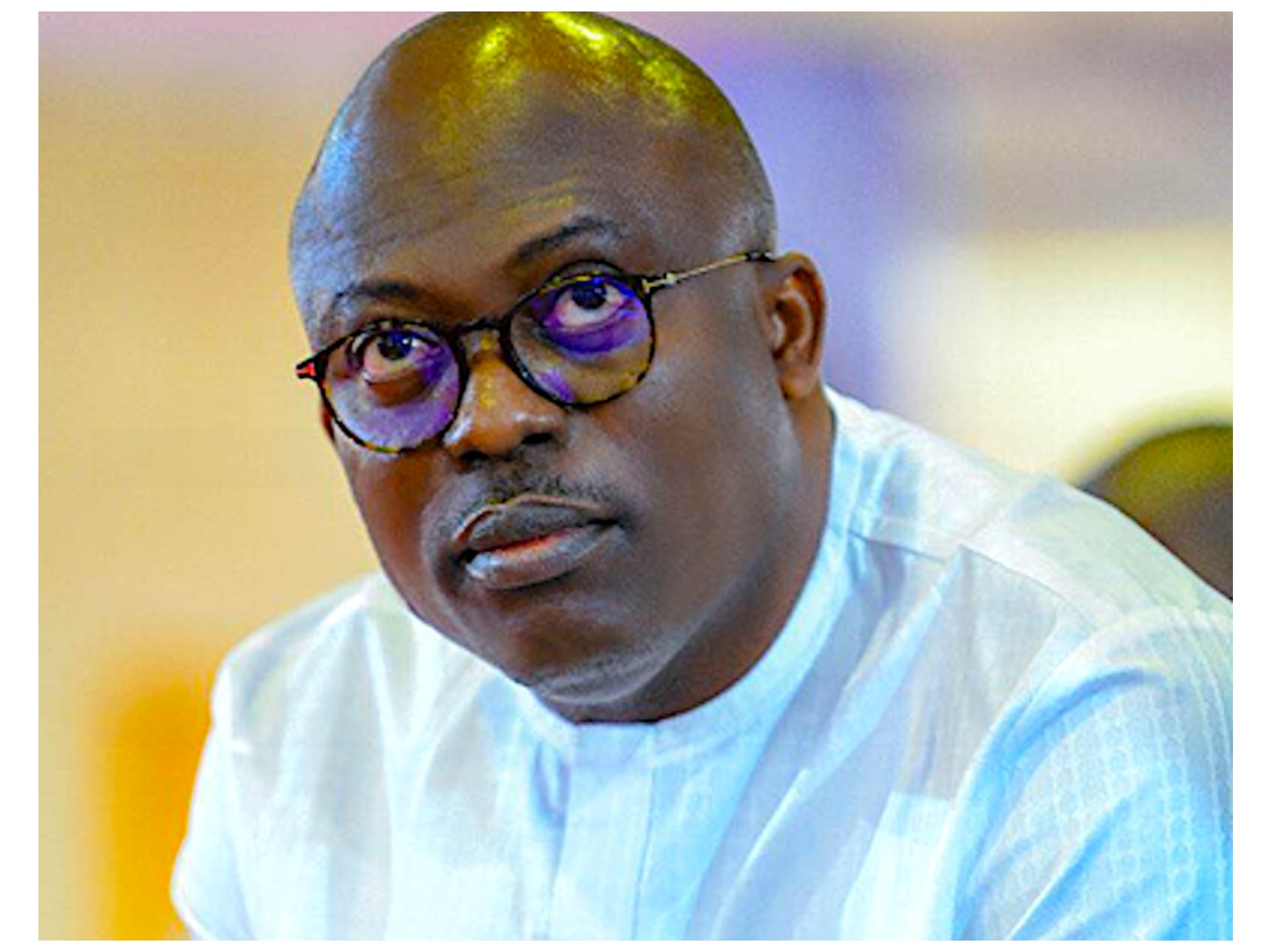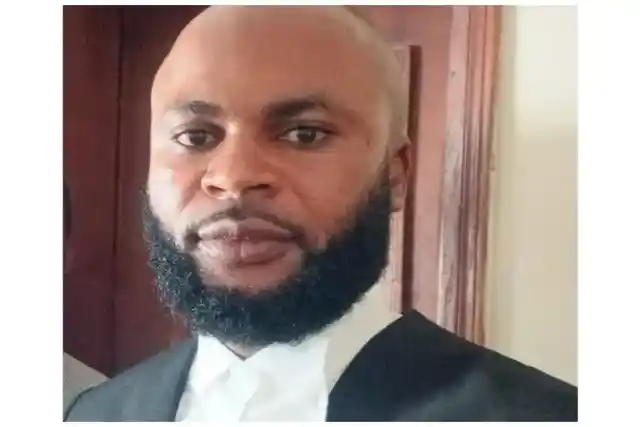After eight years in power, President Muhammadu Buhari is set to step down and hand over the power to Bola Tinubu on May 29. Buhari’s supporters hail him as the “greatest President,” while his critics have a more unfavorable view of his tenure. In this report, we review some of the most controversial moments that occurred during President Buhari’s eight-year rule.
1) Human Rights Violations: The government faced accusations of human rights abuses, including extrajudicial killings, torture, and the suppression of dissenting voices. These allegations sparked international condemnation and raised questions about the government’s commitment to upholding human rights.
2) Twitter Ban: President Buhari’s decision to ban Twitter in Nigeria sparked controversy. The ban lasted for over six months, during which Nigerians had to rely on virtual private networks (VPNs) to access the platform. The ban was imposed after Twitter deleted a post by Buhari, which some people deemed offensive.
3) EndSARS-Lekki Toll Gate: The events that took place on October 20 at the Lekki Toll Gate became a significant point of controversy. The incident involved protests against police brutality and allegations of a military-led massacre of young Nigerians. The aftermath of the EndSARS protests created a powerful movement that played a role in the recent election.
4) Invasion of Judges’ Houses: In March 2016, Nigeria’s secret police conducted a controversial raid on the homes of senior judicial officers. The invasion targeted Justices of the Supreme Court and federal High Court Justices, leading to public backlash. While the government presented it as a fight against corruption, critics viewed it as an encroachment on the judiciary.
5) Border Shutdown: President Buhari ordered the shutdown of Nigeria’s land borders to combat smuggling from neighboring countries. This move had immediate effects on food prices, particularly rice, and automobile imports. While the administration attributed the policy to a “rice revolution,” it drew criticism for its negative impact on trade.
6) Invasion of Nnamdi Kanu’s House: The invasion of Nnamdi Kanu’s house in 2017 heightened tensions in the Southeast region. Kanu, the leader of the Indigenous People of Biafra (IPOB), went into hiding following the invasion, exacerbating the insecurity in the region. President Buhari’s refusal to release Kanu despite pleas has fueled further discontent.
7) Nomination of Deceased Individuals: In 2017, President Buhari nominated several deceased persons for appointments, which garnered widespread criticism. This nomination of dead individuals, including former senators and public figures, raised questions about the thoroughness of the selection process.
8) Shi’a El-Zakzaky: The arrest and prolonged detention of Ibrahim El-Zakzaky, leader of the Islamic Movement in Nigeria (IMN), led to protests and confrontations with law enforcement. A clash between El-Zakzaky’s followers and the former Chief of Army Staff’s convoy resulted in the reported deaths of over 1,000 Shi’a members. The situation further heightened tensions and garnered international attention.
9) Invasion of National Assembly by DSS: The Department of State Services (DSS) under Lawal Daura’s leadership orchestrated the invasion of the National Assembly complex in Abuja without the knowledge of then-Acting President Yemi Osinbajo. The incident was seen as an attempt to undermine Osinbajo and was met with strong condemnation.
10) Naira Scarcity: The redesigning of the Naira by the Central Bank Governor, Godwin Emefiele, led to a scarcity of the currency for about two months. The policy’s failure caused hardship for Nigerians, resulting in deaths, bank burnings, and the potential for a violent uprising. The Supreme Court even had to intervene in response to the policy’s impact.
11) Security Challenges: Nigeria witnessed a surge in security challenges during Buhari’s tenure, including increased Boko Haram attacks, kidnapping, and banditry. The government’s response to these crises, at times, drew criticism for its effectiveness and ability to ensure the safety of citizens.
12) Anti-Corruption Campaign: While President Buhari’s anti-corruption campaign was applauded by many, it also faced its fair share of controversies. Critics accused the government of selectively targeting political opponents, lack of transparency, and insufficient progress in recovering looted funds.
13) Fulani Herdsmen Crisis: The recurring clashes between Fulani herdsmen and local farmers in various parts of the country fueled significant controversy. The government’s handling of the crisis, including allegations of favoritism and inadequate response, drew criticism and raised concerns about security and ethnic tensions.
These controversial moments under President Buhari’s administration have fueled heated debates and shaped public opinion about his leadership. As he exits office, these incidents.





